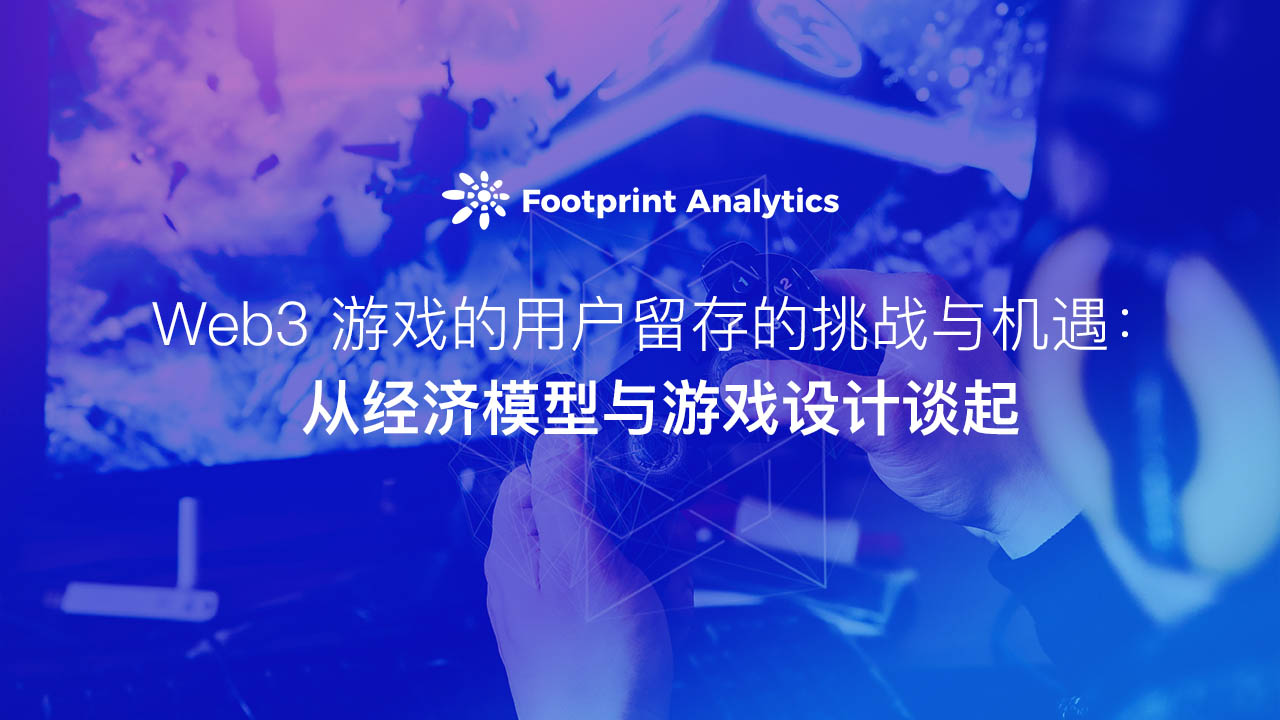Babbitt Summit Thinking: Blockchain Technology Helps Digital China to Build Future Applications
"Digitalization affects all industries, the difference is speed and degree." This sentence comes from a report by McKinsey, digitalization has indeed touched various industries, and the impact is getting deeper and deeper.
We are transitioning from an era of demographic dividends to an era of data dividends. In the digital economy era, data becomes an asset and assets are digitized.
In 2018, China's Internet penetration rate has reached 59.6%, and China's overall digital economy accounted for 34.8% of GDP. From these two figures, the digital economy has actually become a very important part of our economy.
- Reflections on the Chain Block Week of Hangzhou in 2019
- Editor-in-Chief | Hangzhou Block Chain Week, a feast of mobility
- More rigorous than KYC: The Financial Action Task Force on Anti-Money Laundering will finalize new international standards for regulatory encryption companies next month.
We are moving from the consumer Internet to the industrial Internet. The huge difference is reflected in the difference between the objects, from "people" to "things", with human traffic, 5 billion people worldwide, up to 5 billion IDs. With the advent of 5G, the industrial Internet era will be the Internet of Everything, with the "object" as the ID, it will be a larger scale concept of 10 billion, 100 billion, and the corresponding business style will also change, this is a A new format.
We have realized the Chinese miracle in the past. The miracle is mainly based on two points: 1. Investment-led, 2. Demographic dividend . But obviously, our development model has encountered bottlenecks, overcapacity, and an aging population.
In the face of the new normal, where are our future development opportunities?
Director Liu believes that either improve technology or improve resource allocation efficiency. In recent years we have been talking about the digital economy. The digital economy has two characteristics: 1. Data becomes an asset, and 2. Assets are digitized. If an entity can become a number, it is easier to circulate and price. Proper pricing can guide resources, and after digitizing these assets, it will help to allocate resources. The blockchain is promising in this process, mainly in two points:
The first is to confirm the data. Now Ali's data, Tencent's data, Facebook's data, and Google's data are all their own. If the future plays an important role in the digital economy, it will require high demands on the identification and sharing of data.
The second is to change the organizational form. In the future, we will have prosumers, consumers and producers. This makes the relationship between the company and the employees, the relationship between the company and the consumers, and the relationship between the company and the company are slowly changing. On this basis, our company is no longer just making profits for the company, but making the whole ecosystem stronger and stronger, and let the ecological co-builders win.
The current production relationship, organizational form and shareholding system is the beginning of the 14th and 15th centuries. In 1554, the "Moscow Company" joint-stock system established in the United Kingdom was born, and the company was only responsible for the profits of shareholders. Today's emerging business model, producers directly promote products and content, do not need to be exploited by the channel traffic import, judged by the masses, good products and content, even if not the head, will spread out, producers and The user sits on the same boat, which is a change in production relations. Through the blockchain, through the pass, you can design a win-win mechanism, including all employees, users, suppliers, distributors, etc. into a ship, the business form is not a single enterprise, but a chain .
Blockchain realizes asset digitization, asset chaining
De-trusting—distribution From the trust between people to the trust of machines, this makes the many central links generated by trust greatly reduced;
Decentralization—smart contract, optimize the problem of difficult equity transfer, can be completed automatically T+0, improve efficiency;
Transparency—Set up open digital assets, each participant can view, open and transparent assets, avoid shady transactions, and improve efficiency;
Anonymization—The transaction in the blockchain only displays the address, which can effectively protect the information. At the same time, Director Liu also mentioned zero-knowledge proof, that is, it can prove that I know this secret without revealing the content of the information itself, and can effectively solve many verification problems. At the same time, it is said that it is not safe to be on the chain, but on the contrary it is safer and more efficient.
In general, the advantages of the blockchain are mainly reflected in two points. First, it records the process of account formation, not just the result. Therefore, any scenario that requires multiple parties to share data and processes can be done with a blockchain. Second, the data can be confirmed, the zero-knowledge proof of the blockchain, homomorphic encryption and other technologies provide the possibility of data confirmation and future encryption use.
Finally, Director Liu shared eight typical cases based on blockchain technology, including Baidu ABS blockchain application, bulk commodity import and export, Tencent's blockchain invoice, and blockchain second-hand housing trading platform in Hunan. The blockchain Fufeiyan trading platform, the medical union of Hunan, supply chain finance, and the application of the security network. I will not introduce one by one here. If you are interested, you can contact us.
The future of blockchain technology has yet to be combined with the Internet of Things and AI technology to promote better application. In general, blockchain technology will help the digital economy and the construction of digital China.
Source: You Chain Cloud (WeChat: ifulink), Babbitt information authorized by the author to reprint
Author: Lei Ting
We will continue to update Blocking; if you have any questions or suggestions, please contact us!
Was this article helpful?
93 out of 132 found this helpful
Related articles
- Talking about PoS, how can you not understand Nothing At Stake?
- The central document mentions the use of blockchains to solve food safety. Who else is in addition to BAJ?
- Interesting headlines – an unsuccessful experiment in the pre-blockchain era
- Staking is essentially an inflation, why does it create the illusion of wealth?
- Guosheng Blockchain | Consensus Conference, Hangzhou Forum Double Star shines, China and the United States lead the world blockchain trend
- In order to promote the commercialization of a larger scale, the blockchain giants of Ali, Thunder, Baidu and Jingdong changed in spring and summer.
- Depth | The bottom of the question, is PoS really better than PoW?






